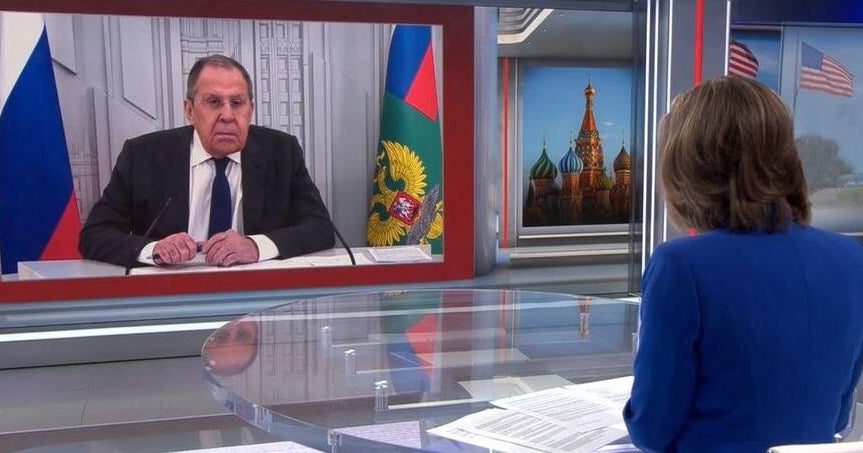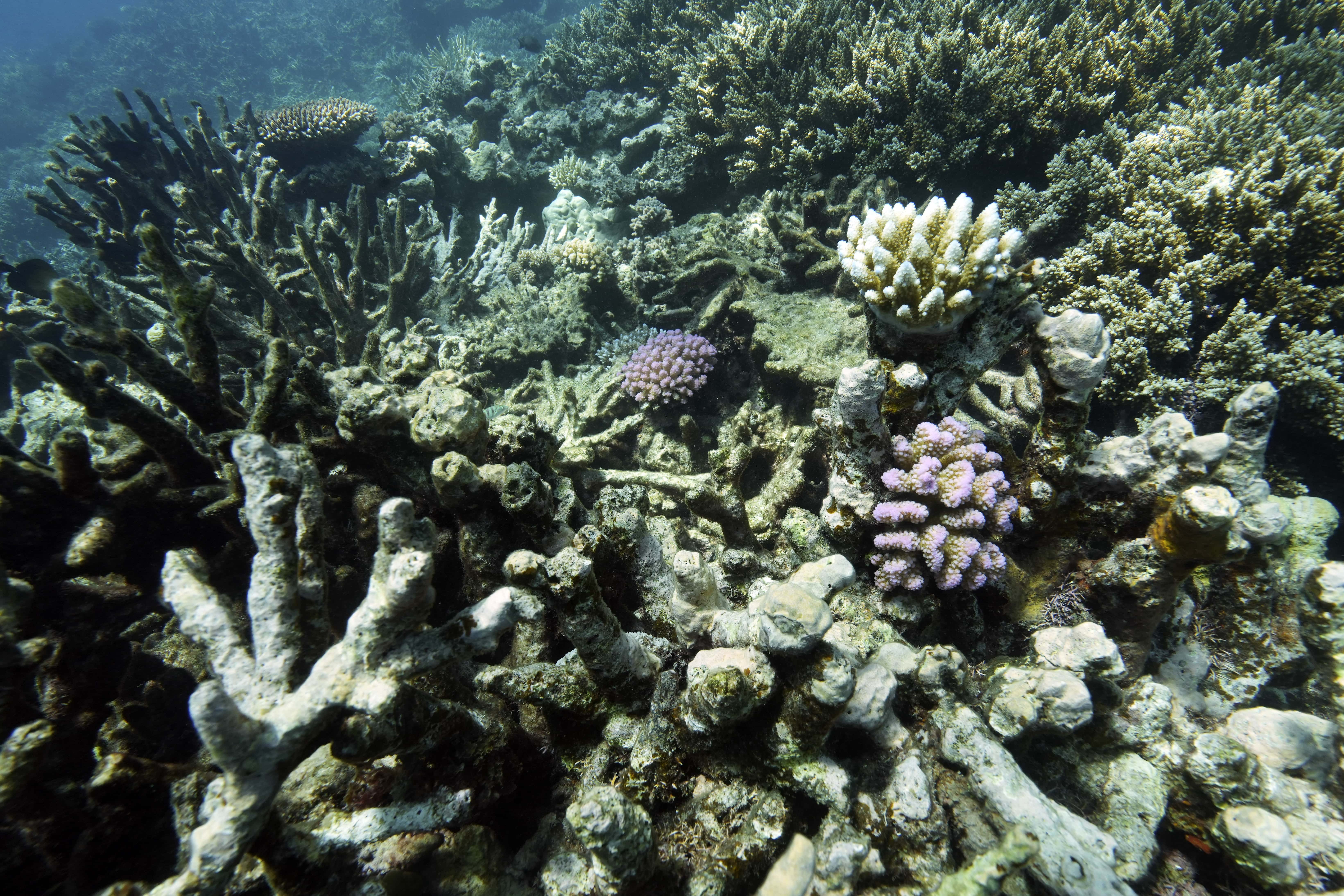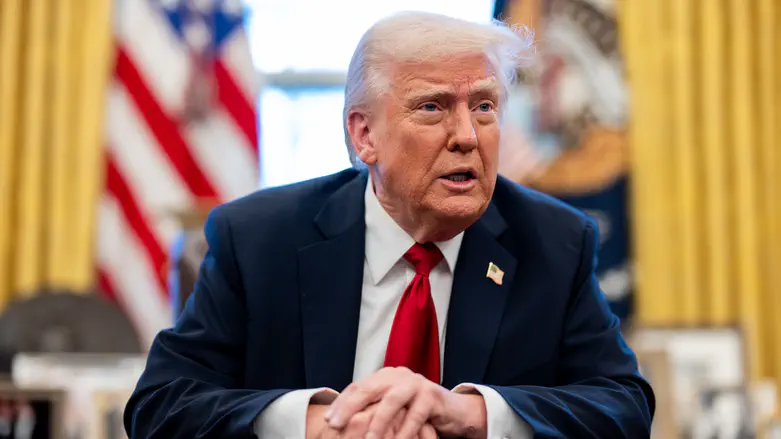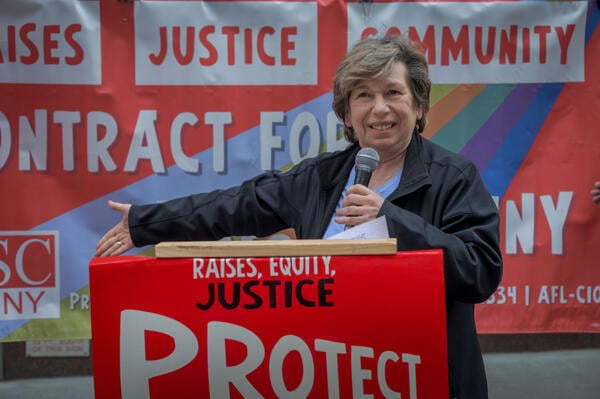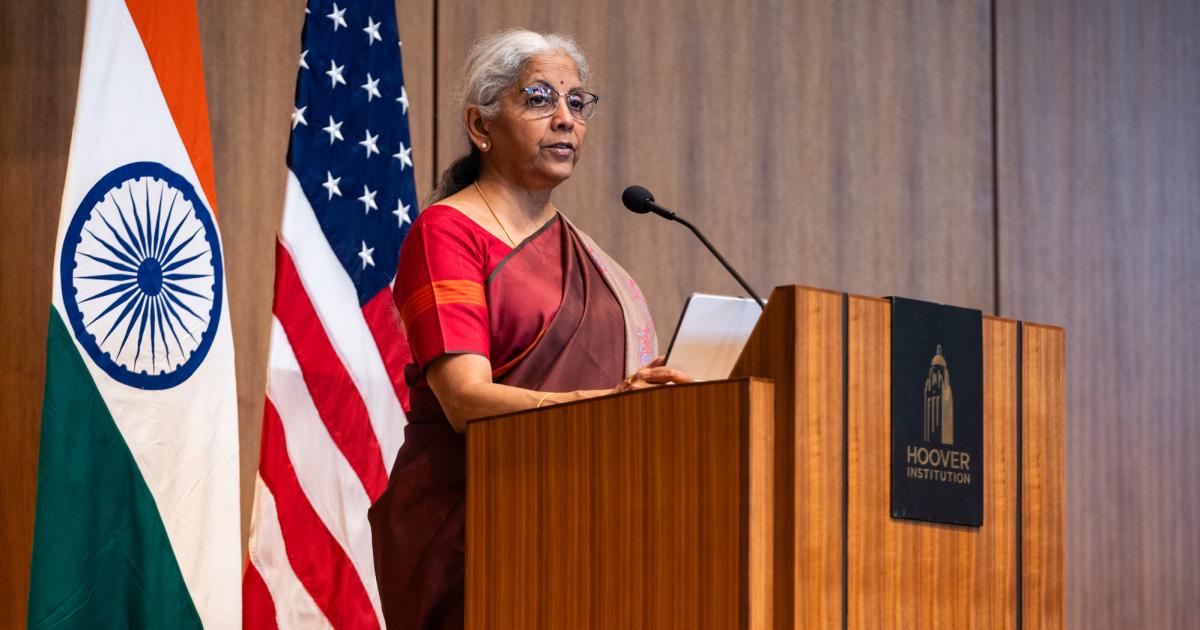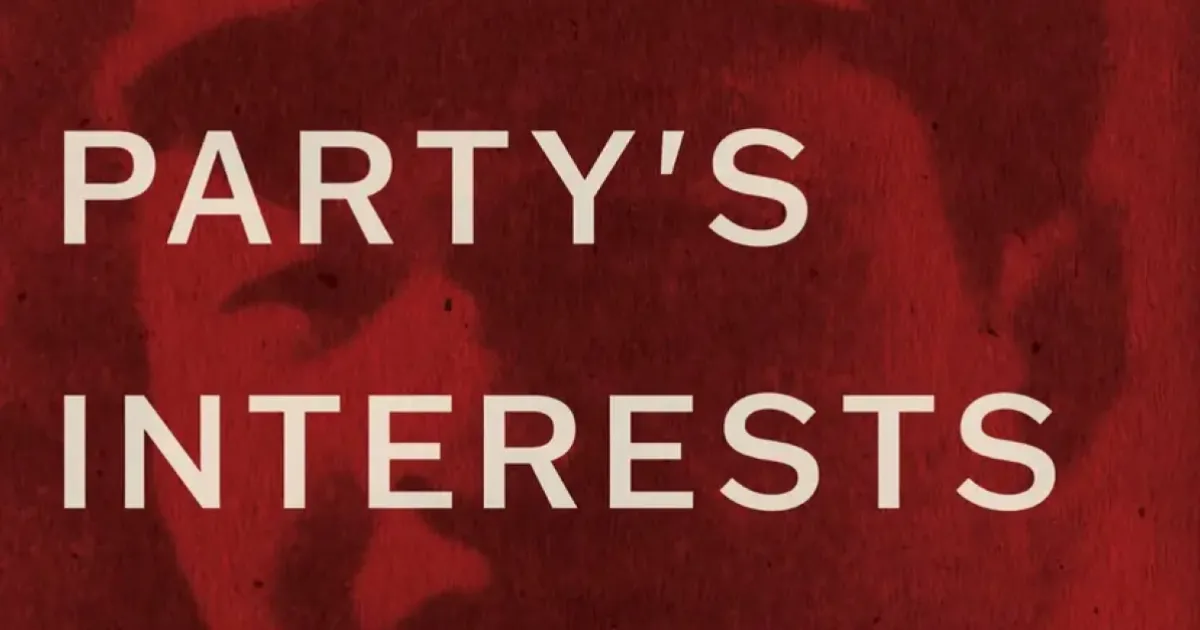Kyiv Mayor Vitali Klitschko Suggests Possible Territorial Concessions for Peace with Russia
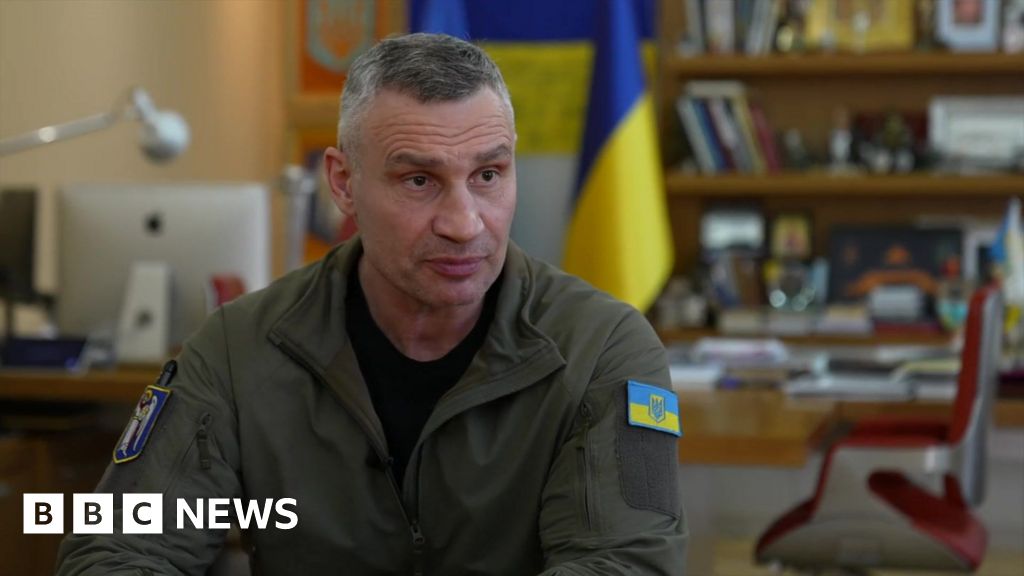
The Mayor of Kyiv, Vitali Klitschko, recently shared his thoughts with the BBC regarding the ongoing conflict in Ukraine and the possibility of ceding land to Russia as part of a peace agreement. In light of increasing pressure from various political figures, including former U.S. President Donald Trump, Klitschko stated that Ukraine might need to consider some territorial concessions to achieve a temporary peace. During the interview, he remarked, "One of the scenarios is to give up territory. It's not fair. But for the peace, temporary peace, maybe it can be a solution, temporary," emphasizing the difficult position Ukraine finds itself in as it continues to face aggression from Russia.
Klitschkos comments come on the heels of a devastating attack in Kyiv that involved both missile and drone strikes, resulting in the tragic loss of 12 lives and injuring over 80 individuals. This incident marked one of the deadliest assaults on the Ukrainian capital in several months, underlining the ongoing volatility and dire humanitarian situation in the region. Since Russian President Vladimir Putin's full-scale invasion of Ukraine in February 2022, Moscow has managed to seize control of approximately 20% of Ukrainian territory.
As one of the more senior politicians to publicly entertain the notion of territorial concessions, Klitschko's statements bear significant weight. Notably, he and Ukrainian President Volodymyr Zelensky have held contrasting views on various political matters, with Klitschko often accusing Zelenskys administration of undermining his authority. During the same interview, Klitschko emphasized his role as the responsible leader for Kyiv, describing the city as "the heart" of the war-torn nation. He highlighted the enormity of the decisions facing Ukraine's leadership, suggesting that President Zelensky might be compelled to consider a "painful solution" in the pursuit of peace.
When asked if Zelensky had consulted him regarding the specifics of a potential settlement with Russia, Klitschko responded candidly: "No." He elaborated that such discussions were within the presidents purview, not his own, illustrating the divide between the two leaders. Reflecting on the relationship between key political figures, Klitschko suggested that sensitive issues might be better addressed away from the public eye, referencing a notable incident from February where Trump and Zelensky clashed at the White House. In recent comments, Trump accused Zelensky of obstructing peace negotiations after the Ukrainian leader reiterated his firm stance against acknowledging Russian control of Crimea, a region that Moscow illegally annexed in 2014.
During an interview with Time magazine, Trump asserted that "Crimea will stay with Russia," reinforcing his stance that the peninsula was "lost years ago." In contrast, Zelensky has pointed to a declaration from 2018 made by Trumps then-Secretary of State, Mike Pompeo, which stated that the U.S. rejects Russias attempts at annexation. As tensions mount, Ukraine and its European allies have expressed increasing concern regarding Trumps apparent thawing of relations with Putins administration.
In the aftermath of his interview with the BBC, Klitschko clarified that he was not presenting any novel ideas regarding territorial concessions, noting that these discussions have permeated global political discourse. He reiterated the understanding that conceding territory would contradict Ukraines national interests and vowed to resist such outcomes. Klitschko concluded by asserting that achieving this goal would require extraordinary efforts not only from Ukraine but also from its European partners.















